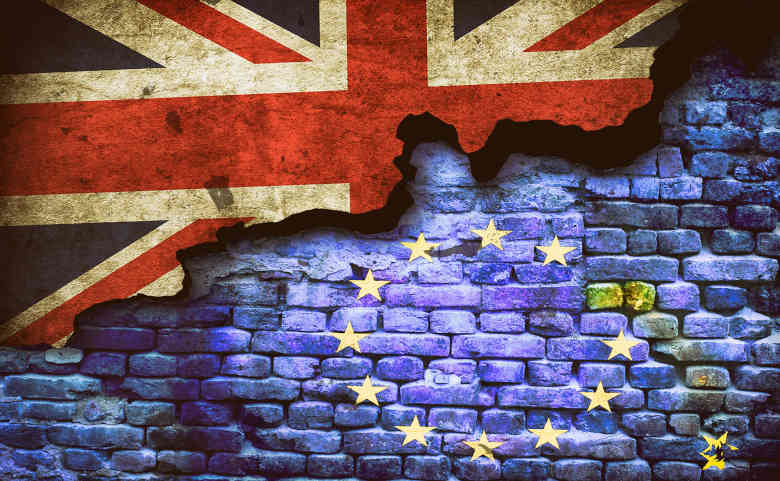Politeia, June 11, David Collins
Last week the 11 members of the Comprehensive and Progressive Agreement for Trans-Pacific Partnership (CPTPP) agreed the UK’s bid to begin the accession talks to become the 12th party to join the mega-regional trade pact. Given the UK’s particular situation, including political tensions which have played out recently over the Australia FTA, it is not hard to imagine a UK offer consisting of deeper commitments on services coupled with attempts to carve restrictions on agriculture.
The CPTPP’s signatories (Australia, Brunei, Canada, Chile, Japan, Malaysia, Mexico, New Zealand, Peru, Singapore and Vietnam) comprise 13% of global GDP and more than 500 million people, accounting for £110 billion-worth of UK trade in 2019. Signing up to the CPTPP is a central pillar of the UK’s ‘Global Britain’ strategy, with the potential to yield significant economic benefits by eliminating tariffs in key sectors like food, drinks and automobiles, as well as creating new opportunities in services including digital trade. While last week’s news is unquestionably a sign of progress on this goal, the UK’s route to CPTPP membership is far from complete.
Currently managed by Japan, the CPTPP Commission, which oversees the accession of new members, is on record stating that the agreement is open to all countries which accept an effective, open, inclusive and rules-based trading system. Importantly, the Commission also seeks to expand the agreement through the accession of new countries. Given the UK’s status as the first new applicant to the mega-regional treaty, its application will be watched closely. Some expect that the UK’s application for accession will trigger other countries to step forward, with Taiwan as another potential member.
Click here to read the piece in full.

